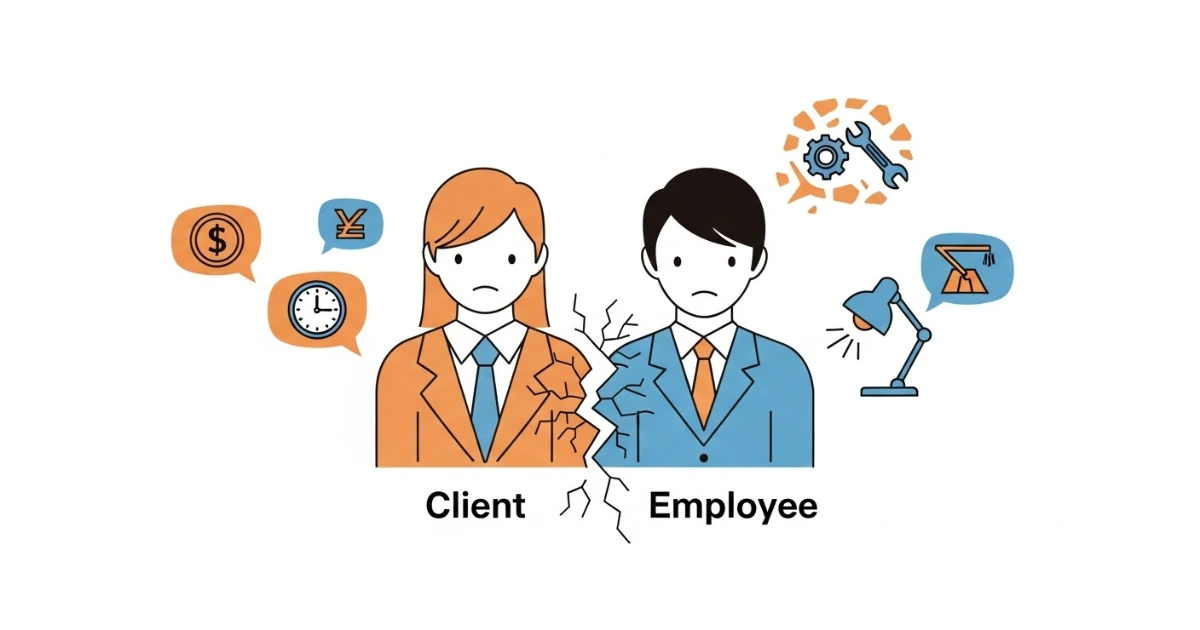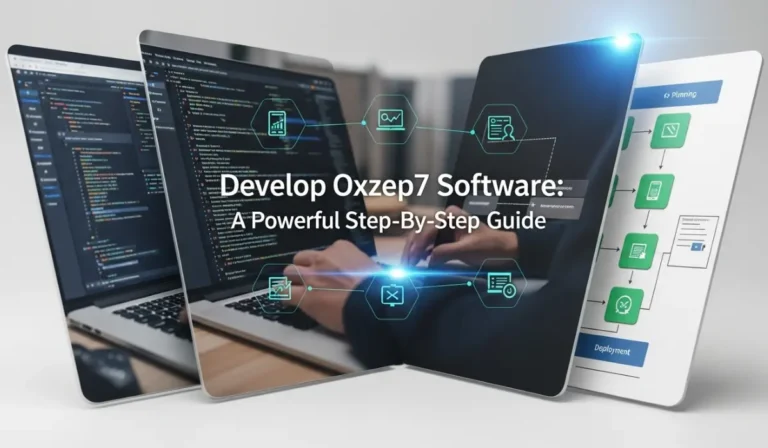
When the phrase TLK Fusion complaints appears online, it often raises curiosity and concern. TLK Fusion is a well-known marketing and public relations agency based in California, known for celebrity branding and influencer marketing. Despite its strong reputation in the industry, various online platforms have discussed both positive and negative experiences with the company.
This article explores the nature, causes, and truth behind TLK Fusion complaints. It provides a balanced view by examining feedback from clients, employees, and the company’s performance in today’s fast-paced marketing environment. By the end, you’ll understand why such complaints arise, how to interpret them, and how to make an informed decision if you plan to work with or for TLK Fusion.
Understanding TLK Fusion Complaints
The term TLK Fusion complaints doesn’t refer to one specific issue—it covers a mix of client dissatisfaction, internal staff feedback, and, occasionally, contract or performance disputes. In short, it represents the collective voice of people who have interacted with the company and felt their expectations weren’t fully met.
In marketing, it’s normal for agencies to face occasional criticism. Campaign results can be unpredictable, and high-profile partnerships can lead to misunderstandings. What matters most is how the company addresses and resolves these issues.
Common Client-Related TLK Fusion Complaints
Client complaints form the largest category under the TLK Fusion complaints umbrella. Most revolve around three main themes: unmet expectations, communication issues, and unclear deliverables.
-
Unmet Expectations – Some clients felt that the company’s marketing results didn’t align with what was promised. In the world of public relations and celebrity branding, success can be subjective. When a brand doesn’t see quick results, frustration can grow.
-
Communication and Transparency – A few clients have expressed concern about receiving frequent promotional messages or not being fully informed about campaign strategies. Clients expect consistent updates, and when communication falters, misunderstandings arise.
-
Project Timelines and Results – Marketing outcomes often take time, but clients sometimes expect instant results. Delays or gradual progress may lead to the impression that promises were not fulfilled.
Despite such complaints, many satisfied clients continue to work with TLK Fusion, emphasizing their professional network, creative ideas, and industry reach.
Employee-Related TLK Fusion Complaints
Apart from clients, another source of TLK Fusion complaints comes from employees and former staff members. These complaints generally concern internal management, workload, and company culture.
-
Workload Pressure – Marketing agencies often operate in high-energy, deadline-driven environments. Some employees have mentioned that long hours and demanding projects can create stress.
-
Pay and Growth Opportunities – A few workers have reported that career growth within the company can be competitive, and pay may not always match workload expectations.
-
Communication within Teams – In fast-moving agencies, internal communication can sometimes be inconsistent. Misunderstandings between teams may lead to tension or high turnover.
Even with these challenges, many staff members have spoken positively about the leadership team’s creativity, the company’s innovative spirit, and opportunities to work with well-known clients and brands.
Legal and Contract-Related TLK Fusion Complaints
In some cases, TLK Fusion complaints have also referred to legal or contractual disputes. These situations usually occur when marketing agreements lack clarity about deliverables or performance expectations.
For example, in creative partnerships where brands expect celebrity collaborations or social media exposure, a lack of clear metrics can cause conflict. If results fall short of expectations or timelines shift, disagreements may escalate into complaints or formal disputes.
The key lesson here is that contracts should always be specific—covering goals, deadlines, budgets, and expected outcomes. When both sides understand what success looks like, the risk of conflict drops dramatically.
Why Do TLK Fusion Complaints Happen?
There’s no single reason why TLK Fusion complaints exist. Instead, they arise from a mix of internal and external factors common in the marketing world.
-
High Client Expectations: Many brands invest heavily and want fast results. Marketing is unpredictable, and sometimes even strong campaigns take time to pay off.
-
Miscommunication: Incomplete updates, changing project scopes, or unclear deliverables can cause frustration.
-
Dynamic Work Culture: Agencies grow quickly and handle multiple projects. Employees who aren’t ready for fast-paced environments may feel overwhelmed.
-
Contract Ambiguity: Unclear contract terms about performance, fees, or responsibilities can create tension later.
-
Reputation Pressure: A high-profile agency like TLK Fusion faces constant scrutiny. One client complaint can attract public attention, even if it doesn’t reflect the broader client experience.
Understanding these causes helps distinguish genuine complaints from isolated experiences.
How Common Are TLK Fusion Complaints?
While TLK Fusion complaints appear online, they do not seem widespread or consistent. Like most marketing firms, TLK Fusion receives both positive and negative feedback. Some clients praise their ability to deliver creative campaigns, while others express disappointment about communication or pace.
Online reviews should be read with care—one person’s bad experience may not represent the whole company. In fact, the majority of TLK Fusion’s business reportedly comes from returning clients, suggesting that many customers remain satisfied despite a few negative reviews.
Key Categories of TLK Fusion Complaints
To understand this topic more clearly, the following table summarizes the main categories of TLK Fusion complaints and what they typically involve:
| Category | Nature of Complaint | Typical Cause |
|---|---|---|
| Client Experience | Promised results not achieved | Misaligned goals or expectations |
| Communication | Delays or lack of transparency | Poor coordination or updates |
| Employee Relations | High workload or unclear advancement | Fast-paced agency culture |
| Contractual Terms | Confusion about pricing or deliverables | Unclear contracts |
| Public Relations | Negative online feedback or outreach concerns | Aggressive marketing tactics |
This breakdown shows that most issues stem from communication gaps rather than deliberate wrongdoing.
Red Flags to Watch for When Working with TLK Fusion
If you’re considering partnering with TLK Fusion or any marketing agency, it’s wise to identify potential red flags early.
-
Unclear Pricing or Deliverables: Always ensure the agreement lists exact costs, timelines, and expected results.
-
Over-Promising: Be cautious of claims that sound too good to be true. Marketing takes time.
-
High Staff Turnover: Frequent personnel changes can affect project consistency.
-
Vague Reports: Demand measurable reports to track campaign performance.
-
Pressure to Commit Quickly: A reliable firm gives clients time to make informed decisions.
Being aware of these signs can help you avoid situations that lead to TLK Fusion complaints or similar disputes.
How TLK Fusion Addresses Complaints
Reputable agencies know that complaints are opportunities for improvement. Over the years, TLK Fusion has taken steps to enhance its client relations and transparency. Internal reports suggest that the company has:
-
Strengthened its client communication channels, ensuring regular updates and measurable goals.
-
Implemented employee support initiatives, focusing on professional growth and work-life balance.
-
Increased transparency in service agreements, helping clients understand the scope of work before signing.
These measures indicate a genuine effort to reduce misunderstandings and build long-term trust.
Positive Aspects Often Overlooked
Despite complaints, TLK Fusion continues to maintain a strong presence in the entertainment and marketing space. The company has built partnerships with well-known brands, executed creative campaigns, and maintained an A+ reputation with business rating organizations.
Many clients appreciate the company’s creativity, speed, and strategic thinking, while employees highlight valuable networking and skill-building opportunities.
It’s fair to say that TLK Fusion’s success stems from its ability to adapt quickly and deliver high-impact results for clients who understand the long-term nature of marketing.
How to Avoid Becoming Part of TLK Fusion Complaints
If you plan to hire TLK Fusion or a similar agency, you can protect yourself from dissatisfaction by following a few simple steps:
-
Clarify Expectations Early: Define measurable goals and agree on how results will be tracked.
-
Communicate Frequently: Stay in touch with your account manager and ask for progress reports.
-
Review Contracts Carefully: Check for hidden fees, extra charges, or vague terms.
-
Be Realistic: Remember that marketing campaigns build momentum gradually.
-
Document Everything: Keep records of communications, timelines, and deliverables.
For employees, the same principle applies: clarity and communication are key to avoiding misunderstandings.
Interpreting TLK Fusion Complaints in Context
It’s essential to view TLK Fusion complaints in context rather than isolation. In competitive industries like PR and digital marketing, every company attracts criticism. The crucial question is whether these complaints represent consistent problems or isolated experiences.
In TLK Fusion’s case, the evidence suggests that while some clients and employees have voiced frustrations, many others remain loyal and satisfied. Complaints exist—but they don’t define the company’s overall reputation.
Conclusion
While TLK Fusion complaints exist, they don’t overshadow the company’s achievements. Every business faces criticism, but the real measure of quality lies in how it responds. TLK Fusion continues to evolve, aiming for transparency, innovation, and improved customer experience.
By doing your research, clarifying expectations, and maintaining open communication, you can confidently work with the company—or any agency—knowing how to manage challenges constructively.







